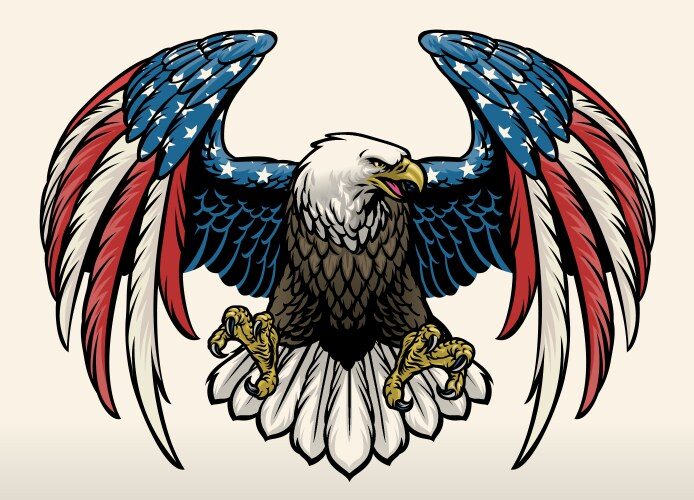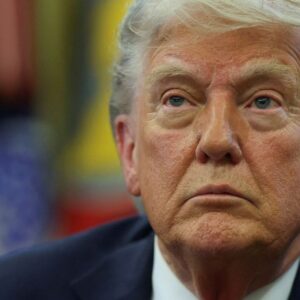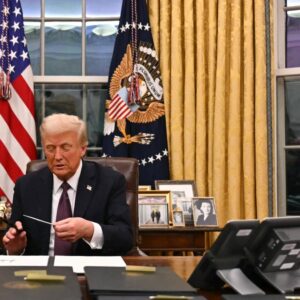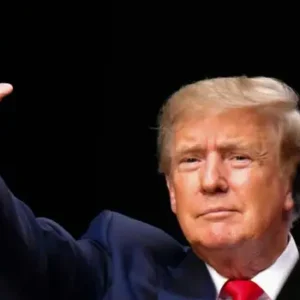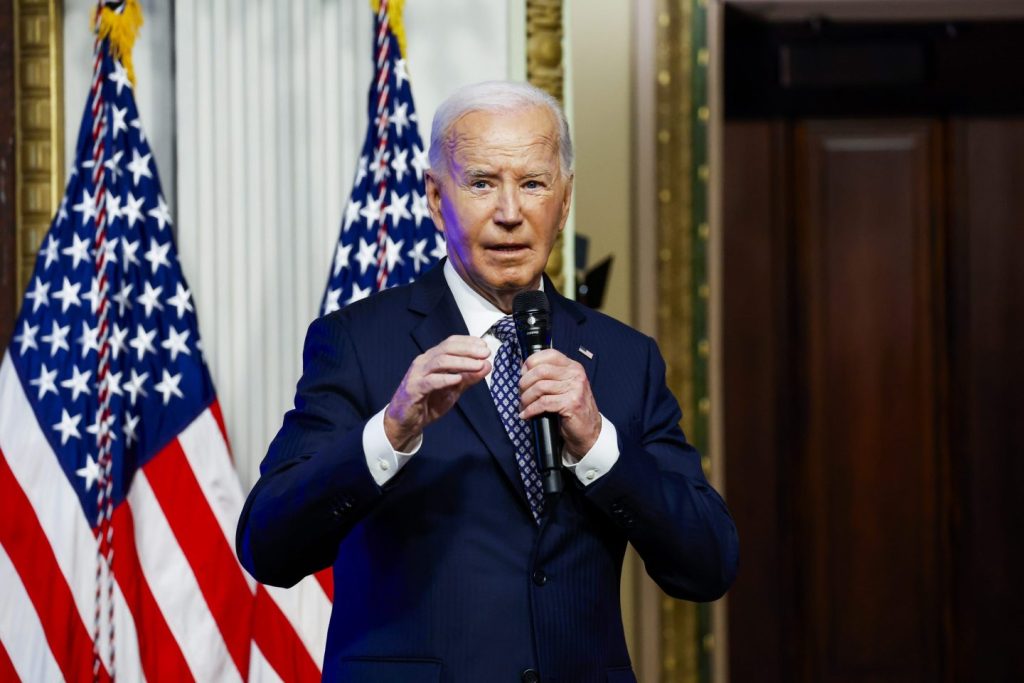
The Hypothetical Trial of Joe Biden: A Deep Dive Into Allegations and Political Divides
In the world of American politics, few presidencies have been as divisive and scrutinized as that of Joe Biden. From the moment he entered office, he faced immense challenges — some of which have led to serious criticisms from both political opponents and the public. Amid these controversies, the idea of Biden being put on trial for the alleged harm his administration has caused to the country has become a topic of political discussion.
While no formal trial against Biden exists, and such a situation is unlikely, exploring this hypothetical scenario allows us to better understand the broader political debates about his presidency and the impact of his decisions. In this article, we’ll consider the charges Biden could face, the political context surrounding such an unprecedented event, and the broader consequences for the nation.
The Alleged Damages: What Would Biden Be Charged With?
If Joe Biden were hypothetically put on trial for actions that some argue have “damaged” America, the charges would likely stem from several key areas of his administration. Here are some of the main allegations that critics of Biden’s presidency would likely raise:
1. Handling of the Afghanistan Withdrawal
One of the most contentious issues during Biden’s presidency was the chaotic withdrawal from Afghanistan in August 2021. Critics argue that the way the U.S. pulled out from a nearly 20-year military presence was disorganized, left thousands of American citizens and allies behind, and led to the rapid rise of the Taliban. Many believe that Biden’s decision to pull troops out without a well-organized exit strategy significantly damaged U.S. credibility on the world stage. Some even suggest that the withdrawal created a power vacuum that allowed terrorist organizations to gain ground in the region.
While some defend the decision as long overdue, the manner in which it was carried out is widely considered a significant misstep. If Biden were to face trial, this event could be central to the charges against him.
2. Handling of the COVID-19 Pandemic
The COVID-19 pandemic continues to be one of the defining issues of Biden’s presidency. Despite inheriting a vaccine rollout from the Trump administration, Biden’s handling of the pandemic faced criticism from various angles. On one hand, the Biden administration accelerated vaccine distribution, but on the other, its mandate on vaccinations for federal employees and private companies sparked significant controversy.
Furthermore, economic disruptions caused by the pandemic, including high inflation, supply chain issues, and labor shortages, could be seen as a direct consequence of government policies during the pandemic. Some critics argue that Biden’s administration failed to balance public health concerns with the economic toll on everyday Americans. Others question the prolonged government-imposed restrictions, arguing that they were overly harsh or ineffective.
3. Inflation and Economic Policies
In 2021 and 2022, the U.S. saw an unprecedented surge in inflation, reaching levels not seen in decades. Critics of Biden argue that his economic policies — including massive spending packages like the American Rescue Plan — contributed significantly to the rise in consumer prices. While proponents of Biden’s economic approach argue that stimulus measures were necessary to keep the economy afloat during the pandemic, the inflationary effects have hit consumers hard, especially those struggling with the rising costs of housing, groceries, and gas.
If Biden were put on trial, some may accuse him of mismanaging the economy, arguing that the inflation crisis is a direct result of his policies. The ongoing debate over federal spending versus fiscal responsibility would be a key point in such a hypothetical trial.
4. Border Crisis and Immigration Policies
Biden’s handling of the U.S.-Mexico border and his stance on immigration has been another source of contention. Critics argue that the Biden administration’s reversal of many of Trump’s hardline immigration policies led to a surge in illegal border crossings, creating a “crisis” at the southern border. Reports of overcrowded detention facilities and a strain on local resources have fueled the narrative that Biden’s border policies have been detrimental to national security and sovereignty.
While Biden has worked to establish a more humane immigration policy, opponents assert that his lack of enforcement and immigration reform has led to disarray and undermined the country’s ability to manage illegal immigration. A trial might center on accusations of negligence or failure to adequately protect the nation’s borders.
5. Energy Policy and Gas Prices
Under Biden, the U.S. has also witnessed a significant shift in energy policy. Biden’s administration has pushed for a transition to clean energy, including measures to curb fossil fuel production. Critics argue that Biden’s policies, such as the cancellation of the Keystone XL pipeline and restrictions on oil and gas drilling, have contributed to rising energy prices. This, they say, has negatively impacted American consumers, particularly when gasoline prices surged in 2022.
Some might argue that Biden’s energy policies have hurt the U.S. economy by making the country more reliant on foreign energy, thus weakening energy independence and damaging the broader economy.
The Political Landscape: Why a Trial Is Unlikely
Despite the criticism from Biden’s political opponents, the idea of a formal trial for a sitting president is almost unimaginable in the current political landscape. The U.S. Constitution does provide for impeachment — a political process whereby the president can be removed from office for “high crimes and misdemeanors.” However, impeachment requires a majority vote in the House of Representatives and a two-thirds vote in the Senate.
For Biden to be removed from office through impeachment, it would require bipartisan support, which, given the current political divide, is extremely unlikely. The legal bar for impeaching a president is also high, as it requires clear evidence of criminal conduct, abuse of power, or significant dereliction of duty.
Moreover, any “trial” for Biden would likely be seen as politically motivated, given the polarized nature of U.S. politics today. Both Democrats and Republicans would likely view the trial through partisan lenses, complicating the process further.
The Consequences of Such a Trial
Even if such a trial were to take place, it could have significant consequences for the nation. A trial of a sitting president would further deepen political divisions, potentially distracting from more pressing national issues. The prospect of a highly contentious and lengthy legal process could also erode public trust in government institutions and create lasting tension within the electorate.
Moreover, the outcome of such a trial, whether conviction or acquittal, would have long-term implications for U.S. democracy. A conviction could destabilize the government, while an acquittal might embolden political opponents to continue questioning Biden’s legitimacy.
Conclusion: A Hypothetical Trial for a Divisive Presidency
The idea of Joe Biden being put on trial for damaging America is purely hypothetical, but it reflects broader criticisms of his presidency. From the withdrawal from Afghanistan to economic challenges, Biden’s time in office has been marked by contentious decisions that have polarized the American public.
While such a trial is unlikely to ever occur, the ongoing debates about his presidency are a reflection of the complex political landscape in the U.S. today. Whether or not Biden’s actions are seen as harmful to the country will largely depend on one’s political viewpoint, with no easy answers on the horizon.
